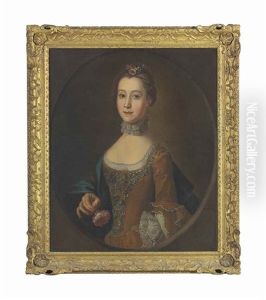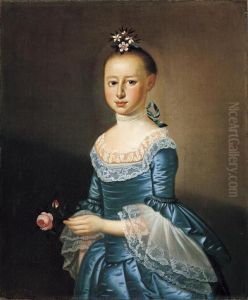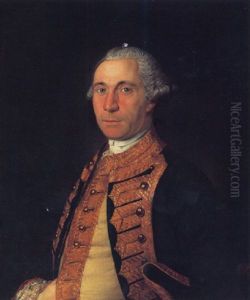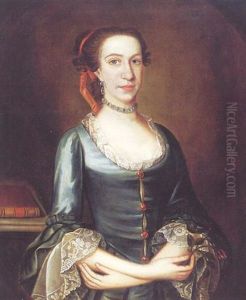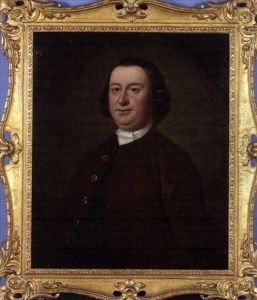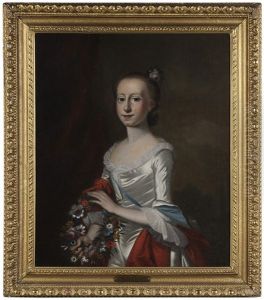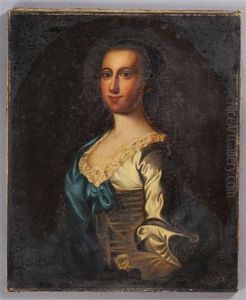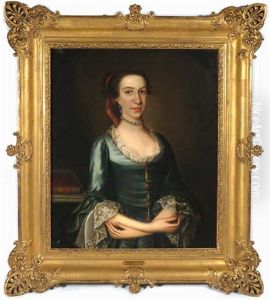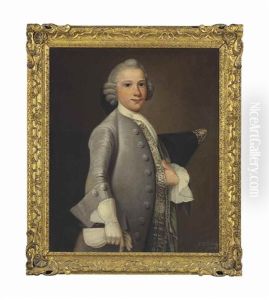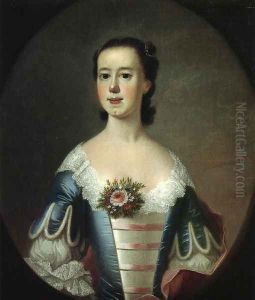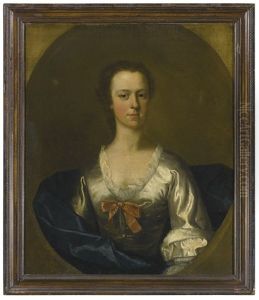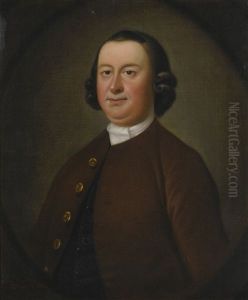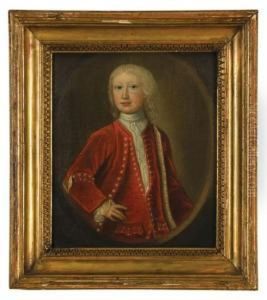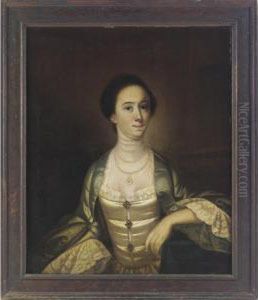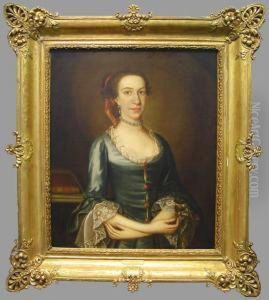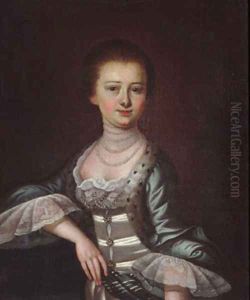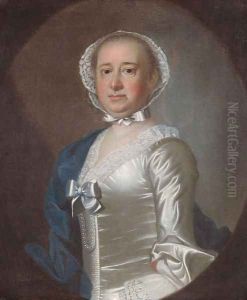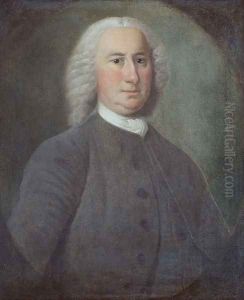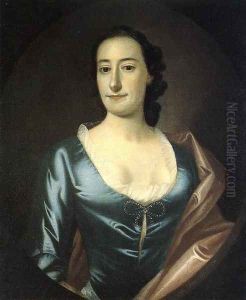Jeremiah Theus Paintings
Jeremiah Theus (sometimes spelled Theüs) was an American colonial artist born in Switzerland in 1716. He immigrated to the United States with his family, settling in South Carolina. Theus's early life in Switzerland is not well-documented, but it is known that he moved to Charleston, South Carolina, around 1735, where he would spend the majority of his life and career.
Theus quickly became the leading painter in colonial South Carolina, where he worked as a portraitist. His clientele included many of the prominent figures of Southern colonial society, including planters, merchants, and politicians. He is especially noted for his portraits of colonial American notables, which he executed with a certain degree of formality and an emphasis on the social status of his sitters.
Although Theus was primarily known for his portraiture, he also painted biblical and mythological scenes, as well as landscapes, however, these works are less frequently cited. His style was heavily influenced by European trends, particularly those of the English school, but his work also displayed an evolving American character, particularly in his use of less formal settings and poses.
Jeremiah Theus was not only a significant artist in his own right but also played a role in the development of early American art. He trained a number of apprentices, thus helping to spread artistic skills and knowledge in the American colonies. Sadly, records of his works and life are not as extensive as those of some of his contemporaries, and many of his paintings remain either lost or in private collections, making a comprehensive study of his oeuvre challenging.
Theus died in Charleston on May 17, 1774. His legacy is preserved in the portraits that remain, many of which are held in museum collections, including the Metropolitan Museum of Art in New York and the Gibbes Museum of Art in Charleston. These portraits are valued not only for their aesthetic qualities but also for their historical significance as records of colonial American society.
